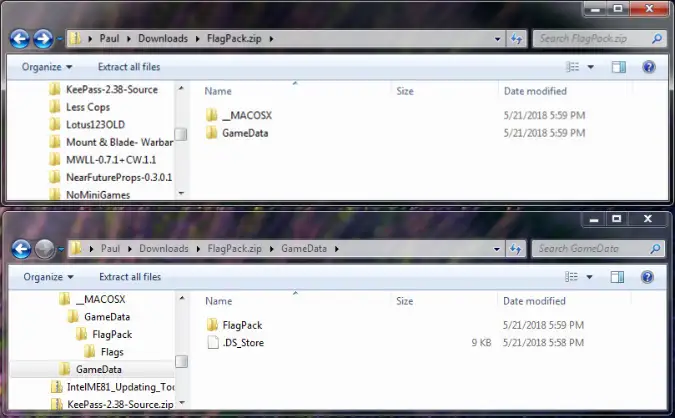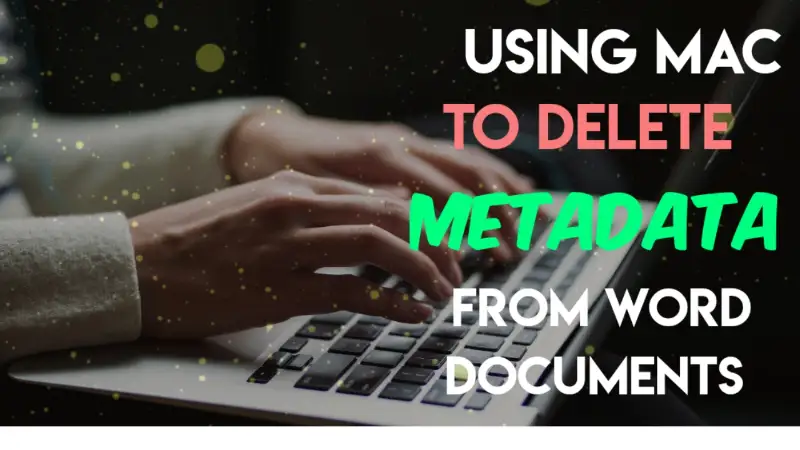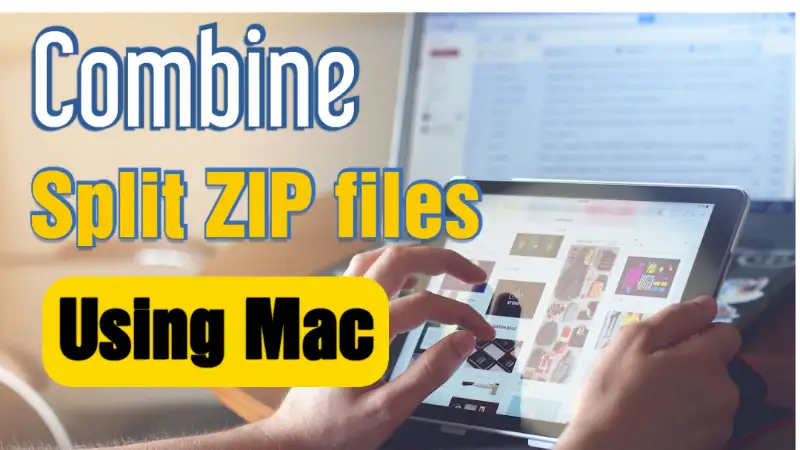If you’ve wondered “Does ProtonVPN work at school?”, you’re not alone. Many students are searching for ways to bypass certain online restrictions that may be implemented in their school’s network system.
This is where ProtonVPN comes into the picture.
ProtonVPN is a virtual private network (VPN) service provider operated by the Swiss company Proton Technologies AG behind the highly respected ProtonMail service.
It helps users secure their internet connection and provides greater access to content that might be restricted within a specific geographical area or, in this case, the school’s network.
But does it work in a school setting? Can it bypass the school’s Wi-Fi restrictions? Let’s delve into it.
In this blog post, we’ll discuss if and how ProtonVPN works in a school setting, how to set it up, methods for troubleshooting connection issues, and even some ethical considerations of using VPNs.
Quick Answer: Does ProtonVPN Work at School?
Yes, ProtonVPN does work at school. It can bypass school internet restrictions, allowing you to access blocked websites or apps.
However, its effectiveness may vary depending on your school’s network security measures.
The question that might come next to your mind is, “Does ProtonVPN work on school Wi-Fi?” Yes, it does. ProtonVPN encrypts your connection and can make your online activities undetectable over the school’s Wi-Fi network.
What is ProtonVPN and How Does It Work?
ProtonVPN is a popular VPN provider known for its strong focus on user privacy and security. But how does it work, and what sets it apart?
Understanding VPNs
Virtual Private Networks, or VPNs, create a secure tunnel between your device and the internet. All the data you send and receive travels through this encrypted tunnel, making it difficult for third parties to track your online activities.
This enhances your online privacy and helps you bypass geo-restrictions and network limitations, as is often the case with school Wi-Fi networks.
The Role of ProtonVPN
ProtonVPN, specifically, takes these VPN benefits a notch higher. Apart from providing a secure and private internet connection, it offers advanced security features like a no-logs policy, DNS leak protection, and a kill switch.
The latter is crucial for maintaining your online privacy should your VPN connection drop unexpectedly. You can learn more about it and how to troubleshoot if it’s not working on our ProtonVPN kill switch guide.
Moreover, ProtonVPN also offers the Secure Core feature, which routes your connection through multiple servers before leaving ProtonVPN’s network, adding an extra layer of protection.
These features make it a reliable choice for secure internet browsing at home, work, or school.
Why Would You Need ProtonVPN at School?
Schools often have network restrictions in place to maintain a safe, focused learning environment. While these restrictions are well-intentioned, they might sometimes limit access to legitimate educational content.
This is where ProtonVPN comes into play.
Unblocking Content
ProtonVPN can help bypass these restrictions by masking your device’s IP address and making it appear as though it’s located in a different geographical region.
This can be especially useful for accessing geo-restricted academic databases, research materials, or streaming platforms for educational videos.
If you’re curious about how ProtonVPN can help change your location, read our post on Can ProtonVPN change my location?
Privacy and Security
Beyond unblocking content, ProtonVPN also enhances your online privacy and security. Schools, like any other public Wi-Fi networks, can be vulnerable to cyber threats.
Using ProtonVPN encrypts your internet connection, preventing unauthorized access to your data and protecting you from potential cyber threats.
How to Set Up ProtonVPN for School Use
Setting up ProtonVPN for use at your school is pretty straightforward. However, always remember to respect your school’s guidelines regarding internet usage.
Here’s how to get started:
Method 1: Basic Setup
- Download and install the ProtonVPN app on your device. The app is available on various platforms, including Windows, macOS, Linux, Android, and iOS.
- Open the app and log in with your ProtonVPN account. If you don’t have an account yet, you’ll need to create one.
- Once logged in, select a server from the list and click “Connect.” Try choosing a server close to your location for the best speed.
Method 2: Advanced Configuration for More Stability
If you frequently experience unstable connections, you might want to adjust some settings:
- Try switching between UDP and TCP in the settings. TCP is more reliable, while UDP is faster.
- Change your VPN protocol. ProtonVPN supports OpenVPN and IKEv2/IPSec. Switching between these can sometimes improve stability.
If you’re having trouble with slow ProtonVPN speeds, check out our guide on how to speed up a slow ProtonVPN connection.
Method 3: Using ProtonVPN with Other Devices
You can also set up ProtonVPN on other devices, like your smartphone or tablet, following the steps above. However, be aware that simultaneous connections depend on your ProtonVPN plan.
Troubleshooting ProtonVPN Connection Issues at School
If you’re experiencing issues when trying to connect ProtonVPN at school, don’t panic. These problems are often easily fixable.
Here are three reliable methods to troubleshoot:
Method 1: Switch Servers
Sometimes, certain servers might not work well with your school’s network due to various reasons. If you’re having difficulty connecting, try switching to a different ProtonVPN server.
Remember, servers closer to your actual location tend to offer better speeds.
Method 2: Change VPN Protocols
ProtonVPN supports different VPN protocols, including OpenVPN (UDP/TCP) and IKEv2. If one protocol doesn’t work well, you can switch to another.
OpenVPN UDP generally offers the best balance between speed and security. However, if you’re facing connectivity issues, try switching to OpenVPN TCP or IKEv2.
Method 3: Check Your Device’s Settings
If you’re still having issues, there might be a problem with your device’s network settings. Verify if your device is correctly set up to work with ProtonVPN.
If you’re unsure, you can refer to ProtonVPN’s official setup guides for different platforms.
Ethical Considerations When Using ProtonVPN at School
While ProtonVPN can help bypass certain network restrictions, it’s important to use it responsibly. Let’s take a look at a few ethical considerations:
Respect School Policies
Most importantly, you must adhere to your school’s internet usage policies. Schools often restrict access to certain websites to maintain a safe and focused learning environment.
Using a VPN to bypass these restrictions might violate these policies. Be sure to fully understand and respect your school’s rules regarding VPN use.
Use for Legitimate Purposes
While ProtonVPN can technically be used to access restricted content, it should only be used for legitimate educational purposes.
Misuse can lead to disciplinary actions and even legal consequences.
Understand the Risks
Lastly, while ProtonVPN is highly secure, no VPN can provide 100% security or anonymity. Be mindful of your online activities and remember you’re still responsible for your actions while connected to the VPN.
Frequently Asked Questions (FAQ)
In this section, we’ll tackle some commonly asked questions about using ProtonVPN at school.
Q1. Does ProtonVPN work on school Wi-Fi?
Yes, ProtonVPN should work on school Wi-Fi. However, some schools might have network security measures in place that could interfere with VPN connectivity. If you encounter issues, refer to our troubleshooting guide above.
Q2. Can the school detect if I’m using ProtonVPN?
Schools with advanced network monitoring tools might be able to detect VPN usage, including ProtonVPN. However, they wouldn’t be able to see what you’re doing online thanks to the VPN’s encryption.
Q3. Is it legal to use ProtonVPN at school?
The legality of using a VPN, including ProtonVPN, depends on local laws and the school’s policies. Always make sure to check these before using a VPN at school.
Q4. Can I use ProtonVPN on my school-issued device?
It depends on the school’s policies and whether you have the necessary administrative privileges to install software on the device. If you’re unsure, it’s best to ask your school’s IT department.
Q5. Can ProtonVPN slow down my internet speed?
While a VPN can sometimes slightly reduce your internet speed due to the added layer of encryption, ProtonVPN is known for its high-speed servers. If you’re experiencing slow speeds, try switching servers or refer to our speed-up guide.
Conclusion
In a world where privacy concerns are increasingly prevalent, VPNs like ProtonVPN provide a valuable layer of security and anonymity.
However, while they can be used to bypass network restrictions, such as those at school, it’s important to do so responsibly and in accordance with applicable policies and laws.
ProtonVPN, being a reliable and robust service, should generally work well on school networks.
However, issues can occur and, in most cases, can be resolved by switching servers, changing VPN protocols, or checking your device’s settings.
And remember, the key to using ProtonVPN at school is to do so respectfully and ethically.


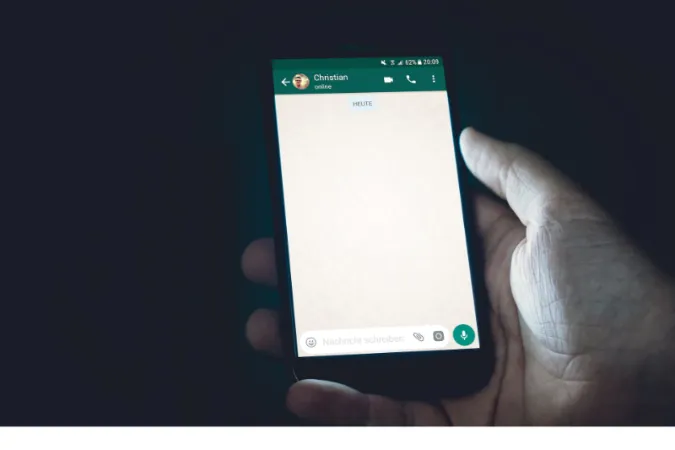
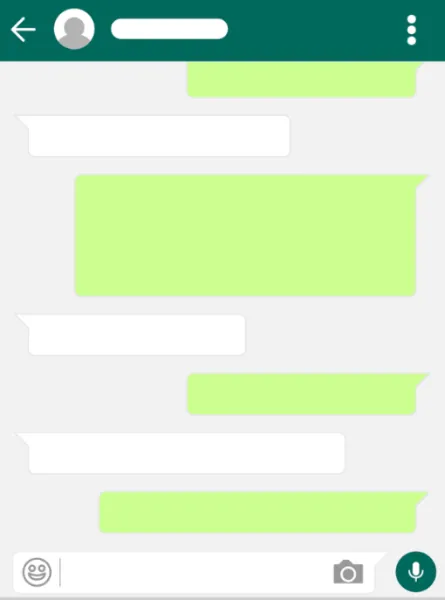
![[7 Ways] You May Not Have a Proper App for Viewing this Content](https://www.ticktechtold.com/wp-content/uploads/2023/02/Featured_error-message-you-may-not-have-a-proper-app-for-viewing-this-content-android-whatsapp.webp)
![7 Ways to FIX Telegram Banned Number [Recover Account Unban]](https://www.ticktechtold.com/wp-content/uploads/2023/03/Featured_fix-recover-telegram-this-phone-number-is-banned.webp)
